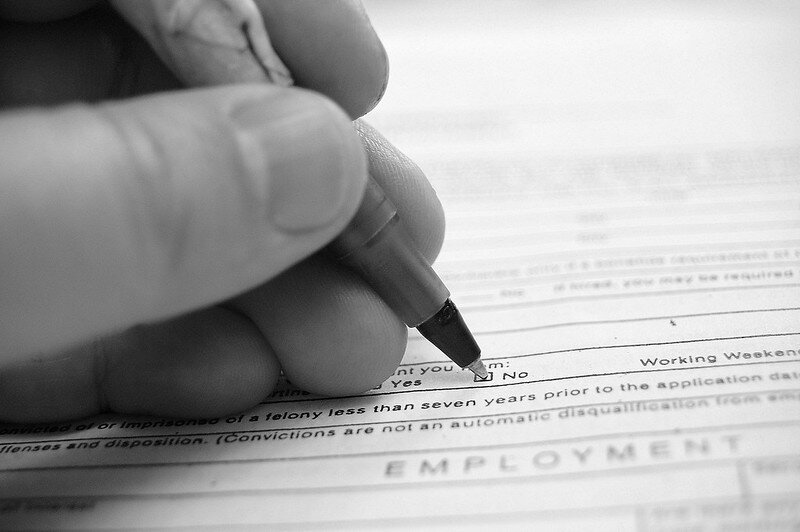You know you fit the person spec. You know you can do the job if you get the chance. But you have an interview to navigate and some questions to answer. How can you increase the odds of coming out on top?
by Darren Caveney
I have interviewed a lot of people over the years and prepared questions to test the final candidates at interview.
I have also been an interviewee many times and experienced questions from that side.
Now I help people I mentor with interview prep, dummy interviews and questions planning.
So, interview questions are something I’ve spent a fair bit of time on.
I believe it’s possible to anticipate some of the questions you’ll be asked.
So, as always, research and preparation is important and can make all the difference in a very competitive jobs market. Even improving your interview performance by 5% - 10% could be the critical success factor.
As with most things in life practice will improve your performance. More than that for me is the confidence boost it gives if you know you have done your homework going into an interview.
Step One – Anticipate and do your research
It isn’t possible to guess the exact questions you might be asked but you can take an educated punt by studying:
- The job description
- The person specification
- The organisational plan and priorities
- The communications strategy
- The individuals interviewing you
Step 2 – Prep for those crucial questions
Try some of these top 20 questions as prep for your next interview:
1. Why do you want the job?
2. What would you focus on in your first 3/6 months in the job?
3. What tools would you need to do the job effectively?
4. What was your favourite job ever and why?
5. What are your main strengths?
6. What is your biggest weakness
7. What are the top 3 benefits you would bring to us?
8. Tell us about a time you overcame a challenge?
9. What are your comms lessons from COVID-19?
10. How would you approach developing a comms plan or campaign?
11. Give us an example of a successful campaign you were involved with?
12. Would you describe yourself a strategic or tactical?
13. How do manage work demands to ensure you deliver against priority work?
14. What is your approach to creativity – how do you ensure it’s a part of your work and outputs?
15. How would you rate your digital skills? Web, email, advertising and social media.
16. What are your thoughts on incorporating internal comms and staff engagement in your external campaigns?
17. What are your learning and development needs, say over the next 12 months?
18. How do you manage your own mental health and wellbeing?
19. Why should we give you the job?
20. PLUS prepare some questions for them – remember you’re interviewing the organisation too to assess if you want to work with them.
Finally, consider this
Who is your interview with?
That could help narrow down likely questions. For example, if there’s a HR person on the panel you can expect a HR-related question. An elected member, a clinicians or a corporate director may well ask questions from their own area of interest.
Find out the names of the interviews and some research on them. You might want to send a connection request to them on LinkedIn, depending on who it is. It lets them know you’re doing your research.
Good luck with your job hunting.
Write a blog post to share your top tips and lessons too and I’ll share it on comms2point0.co.uk
And keep looking at the comms2point0 jobs pages to find that next dream move.
Darren Caveney is creator and owner of comms2point0 and creative communicators ltd
*Sign up for the comms2point0 eMag*
The comms2point0 eMag features exclusive new content, free give-aways, special offers, first dibs on new events and much, much more.
Sound good? Join over 2.8k other comms people who have subscribed. You can sign up to it right here.

